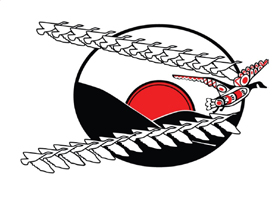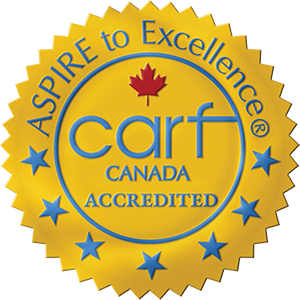Indigenous Supports
Here is how Indigenous engagement advisors can walk alongside you in your journey.
When involved in systems (like Health, Education, or other Ministries) ask for Indigenous engagement advisors or supports within that organization. They are there to make sure cultural practices are used and respected, to help advocate for you and your family, and to protect the rights of Indigenous families.
In Schools Indigenous Support Workers serve as Facilitators, Mentors, Witnesses, Advocates and Collaborators.
Help to design IEP, Learning Plans and Supports
Social-Emotional Supports and Coaching in Life Skills
Foster Cultural Identity for Students
Implement Indigenous Learning in School Curriculum

Watch & Learn

Watch & Learn
In Hospitals: Indigenous Health Liaisons and Navigators
Indigenous Patient Navigators (IPNs) collaborate with Indigenous peoples and their families to ensure access to high-quality care that is trauma-informed, culturally safe and free of racism and discrimination.
These IPNs provide direct service to patients and their families.

Resources and Links:
- Indigenous Health Liaisons | Fraser Health Authority
- Indigenous care & support services | Vancouver Coastal Health
- Indigenous Health | BC Women’s Hospital and Health Centre
- Indigenous Liaison Nurses and Indigenous Patient Navigators | Island Health
- Indigenous Patient Liaison program | Indigenous Health
- Indigenous Peoples, Families & Communities | Interior Health
- First Nations Health Authority

Friendship Centres across B.C.
The BC Association of Aboriginal Friendship Centres (BCAAFC) is the umbrella organization for Friendship Centres across B.C.
Friendship Centres are not-for-profit, Indigenous-led, social service organizations that work to promote, develop, and deliver accessible programs and services that support Indigenous peoples living in urban areas and away from home. They provide a wide range of wraparound programs and services to communities—youth, child and family wellness, employment and training, education, health, economic development, language, culture and arts, preventing violence, sport and recreation, and community outreach.
Find your local Friendship Centre and get involved in building community by volunteering, donating, or participating in events!
Indigenous Disability Canada / British Columbia Aboriginal Network on Disability Society (BCANDS)
IDC/BCANDS provides a vast array of services to eligible individuals, families and organizations, both within Indigenous communities and urban and rural centres. If you are an Indigenous person with a disability, or a community or organization requiring disability information and support services, IDC/BCANDS may be able to help:
- Jordan’s Principle
- National Disability Tax Credit
- Disability Services
Please click on the link below to be taken to the relevant program or service:
Indigenous Services Canada
Indigenous Services Canada (ISC) vision is to support and empower Indigenous peoples to independently deliver services and address the socio-economic conditions in their communities.
Indigenous Services Canada – Canada.ca

Advocacy with Representative of Children and Youth (RCY)
RCY ensures that the rights and interests of children and youth are protected and upheld, and that their views are heard and considered by decision-makers.
Who do they help?
- Children and youth in care
- Young people under a youth agreement
- Young people in custody
- Children and youth with special needs
- Youth with special needs transitioning to adult services
- Young adults, from 19- 27, who are eligible to receive services from Community Living BC.
- Young adults, from 19- 27, who have aged out of care and who are on or eligible for an Agreement with Young Adults (AYA), or who are on or eligible for a provincial post-secondary tuition waiver.
How can we help?
- Help children, youth and young adults know their rights and what to do if those rights are ignored
- Help connect children, youth and young adults with services and the programs they need
- Help children, youth and young adults speak up in a way that might solve their problem
- Help children, youth and young adults be a part of discussions about the care and services they receive and the decisions made about them
- Assist youth and young adults in their transition out of MCFD care
- Assist transitioning youth and young adults eligible for Community Living BC.

By Family Support Institute of BC


